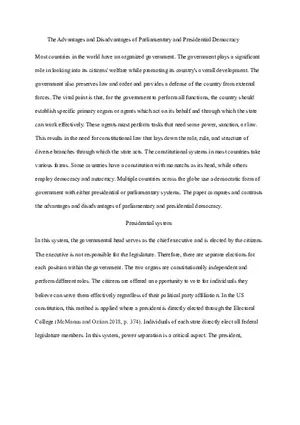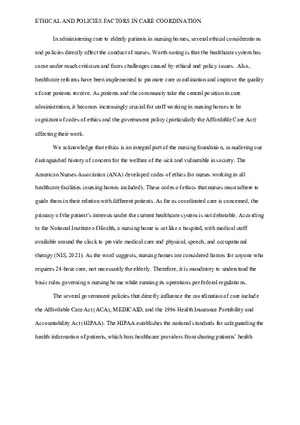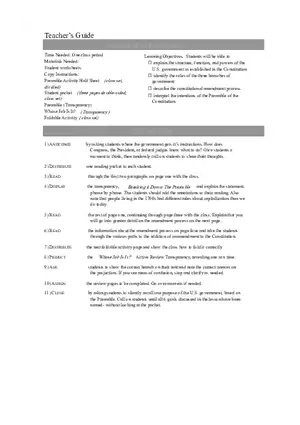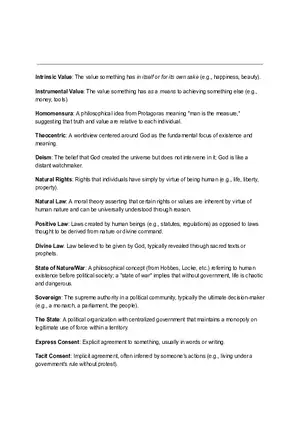Lecture Note
Socrates' Views: Women, Family, State, Philosopher Kings
-
University:
John Jay College of Criminal Justice -
Course:
POL 270 | Political Philosophy Academic year:
2023
-
Views:
334
Pages:
4
Author:
anon
Report
Tell us what’s wrong with it:
Thanks, got it!
We will moderate it soon!
Report
Tell us what’s wrong with it:
Free up your schedule!
Our EduBirdie Experts Are Here for You 24/7! Just fill out a form and let us know how we can assist you.
Take 5 seconds to unlock
Enter your email below and get instant access to your document








